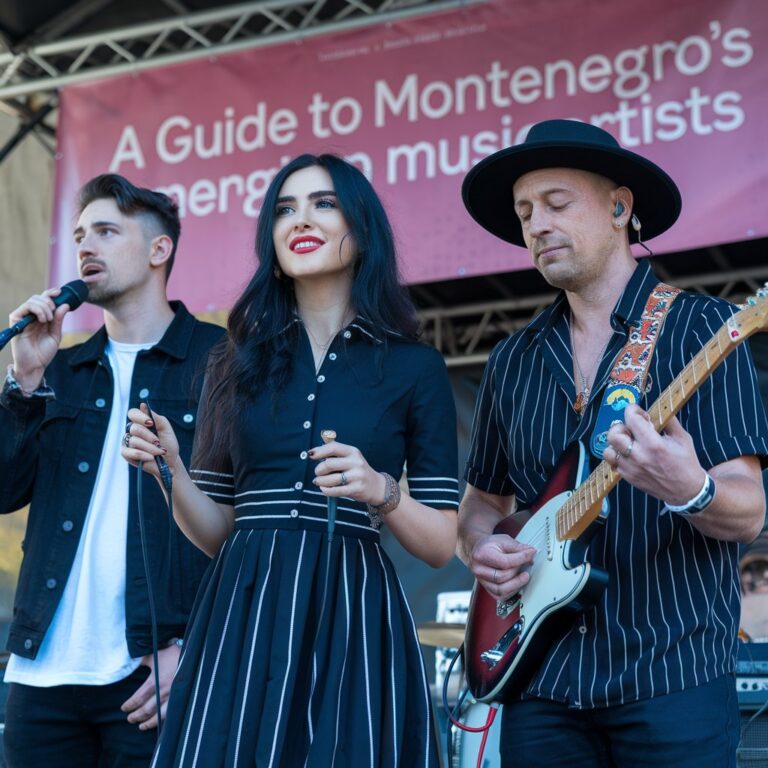The ex-Yugoslavian countries, rich in history and cultural diversity, celebrate various national holidays that reflect their unique identities and shared heritage. Here are ten of the most celebrated national holidays across these nations.
1. Statehood Day (Serbia)
Celebrated on February 15, Statehood Day commemorates the First Serbian Uprising against Ottoman rule in 1804. It’s a day filled with parades and ceremonies honoring national heroes.
2. Independence Day (Croatia)
On June 25, Croatia marks its independence from Yugoslavia with celebrations that include fireworks, concerts, and cultural events showcasing Croatian heritage.
3. National Day (Bosnia and Herzegovina)
March 1 is recognized as National Day, commemorating the declaration of independence from Yugoslavia in 1992. Festivities include public gatherings and cultural performances.
4. Republic Day (Serbian Republic, Bosnia and Herzegovina)
Celebrated on January 9, this day honors the establishment of the Serbian Republic in Bosnia and Herzegovina, with various events highlighting local culture.
5. Victory Day (Montenegro)
On May 21, Montenegro celebrates Victory Day, commemorating the end of World War II. The day is marked by ceremonies and parades honoring veterans.
6. Statehood Day (Macedonia)
September 8 marks the day of independence from Yugoslavia for North Macedonia, celebrated with national pride through parades and cultural displays.
7. Liberation Day (Slovenia)
On May 9, Slovenia commemorates the liberation from Nazi occupation. The holiday features ceremonies, historical reenactments, and community gatherings.
8. Unity Day (Croatia)
On November 18, Unity Day celebrates the Croatian War of Independence, reflecting on the struggles for freedom and unity among Croatians.
9. National Day (Kosovo)
February 17 marks Kosovo’s declaration of independence, celebrated with public festivities that showcase national pride and cultural heritage.
10. Day of the Uprising (Serbia)
On July 7, Serbia honors the uprising against fascism during World War II. Events include educational activities and cultural programs focusing on resistance history.
Conclusion
These national holidays not only reflect the unique identities of each ex-Yugoslavian country but also highlight the shared history that binds them together. These nations honor their past through celebrations while looking forward to a united future.





